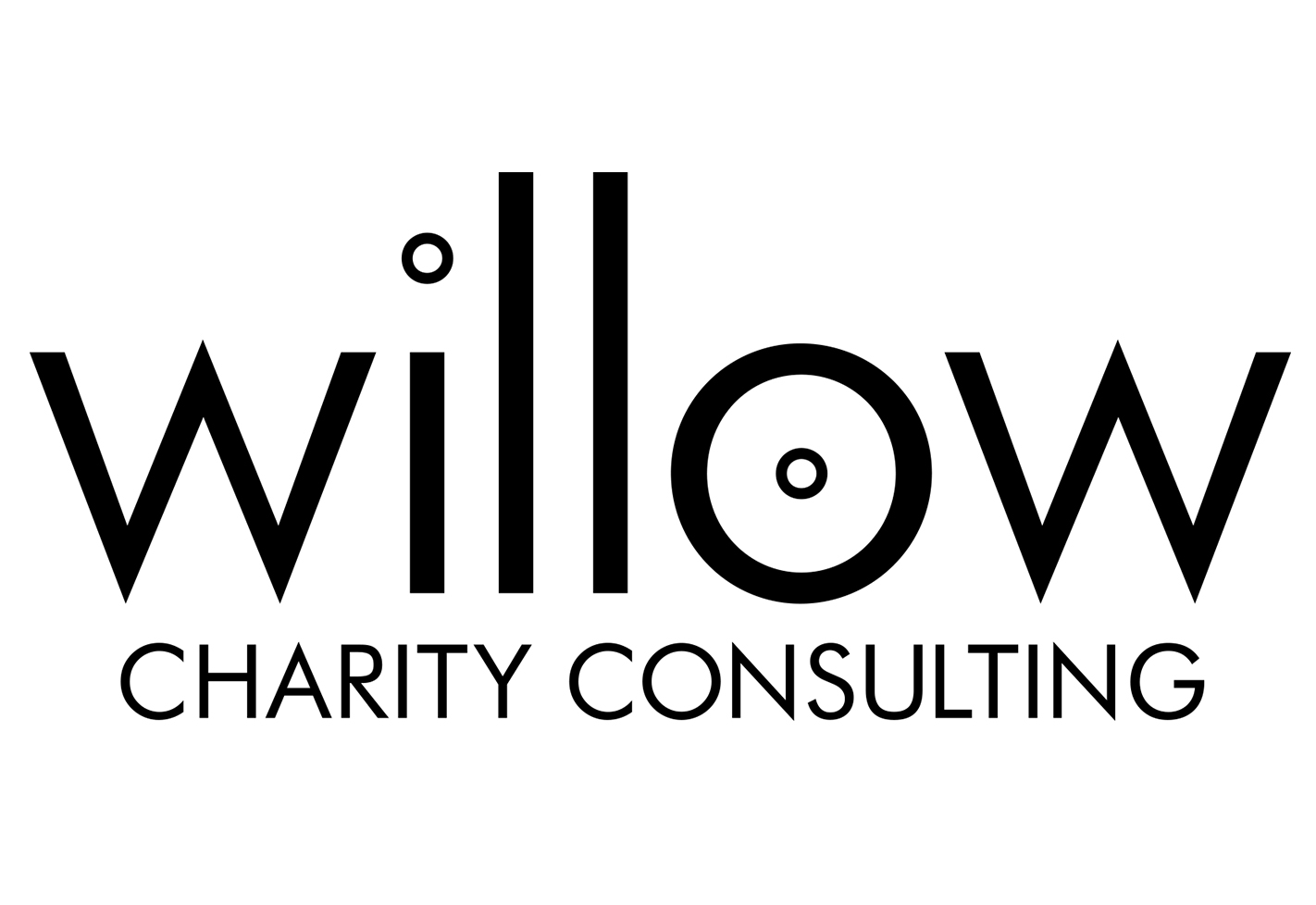Health Check Series Part 3
Office policies, strategic plans, budgets and processes…these piles of paperwork can make many charity leaders feel like they are miles away from the causes that inspire them.
That’s simply not true.
If your organisation is hoping to grow, win larger pots of funding, manage change or conflict or simply ensure it is doing the best possible job, you need to ensure you are running professionally.
Organisational effectiveness and professionalism cover a huge range of considerations, including planning and reporting, operations manuals, policies, procedures and measuring impact. Today I will touch on three.
Strategic Planning: plotting the best route
I really enjoy doing strategic planning, but I know many people who think the process is a total waste of time.
Certainly, there are many people who overcomplicate the process. If you are running a small- or medium-sized charity, you don’t need to bankrupt yourself hiring an expensive consultant who spends months running complex workshops, delivering jargon-filled presentations and eventually producing a strategic plan so complicated that it could launch a rocket to Mars.
What is important is to take some time out – preferably with key staff and the Board – and ask yourselves some big questions. Who are we? Where do we want to go? How will we get there?
You will probably need some outside help – an external facilitator at a minimum. This is not a day to be run by the Chair or the CEO; they need to be active participants. If you don’t have the skills or experience in-house, you may also want to also engage a consultant on a short-term and tightly-defined basis to turn your thoughts into a coherent plan. Stakeholder, beneficiary and staff consultation is also of prime importance.
Your finished strategic plan should be clear and, most importantly, useful. It should form the overarching guidelines for your other planning tools, including your annual business plan and budget.
Policies: when bureaucracy is a necessity
Policies can be….well, boring. They are often on unexciting issues like fire risk assessment, VDU use, data protection and confidentiality. Dull they may be, but each policy represents an opportunity to avoid a problem popping up later.
Some policies are required, others are strongly recommended. No matter how much common sense you think there is floating around your charity, it simply isn’t worth the risk not to have all the appropriate policies in place.
Identify what you’re missing, ensure they are appropriately written and up-to-date with current legislation and best practice (with external advice if necessary), and then make sure that the people they affect are aware of their existence and contents.
Monitoring and Evaluation (M&E): proving the value of what you do
Whatever work you do, you need to record it and identify what you can do to improve. Funders and donors will want to see what you’re achieving with their money, and M&E is crucial for demonstrating this.
Getting started with this can be daunting, but you don’t need to be an expert before you can begin. Again, ask yourself some basic questions. What do we do? How can we record what we do and how well we do it? How could we identify ways to improve? What ongoing methods could we use to measure our work (monitoring) and how can we review our work once it is over (evaluation)?
The answers to these questions will form the beginning of your M&E framework. Naturally, the larger and more complicated your organisation is, the more complex your M&E framework will need to be.
Outside help may be necessary if, for example, you need assistance to design and implement new tools or you want to conduct an independent evaluation.
Professionalism matters
The charity sector is under scrutiny like never before. Donors want to know exactly where their money is going, and to ensure the charities they support are working to the highest standards. While it may be challenging, small- and medium-sized charities can succeed in achieving high professional standards, which will inevitably have a positive impact on fundraising and the quality and amount of charitable work being delivered.

If you need practical and affordable assistance with strategic planning, M&E or policy reviews, or are interested in my comprehensive Charity Health Check tool which includes a review of all the issues raised in this piece, please get in touch with me, Felicia Willow, at Willow Charity Consulting.
THE HEALTH CHECK SERIES:

